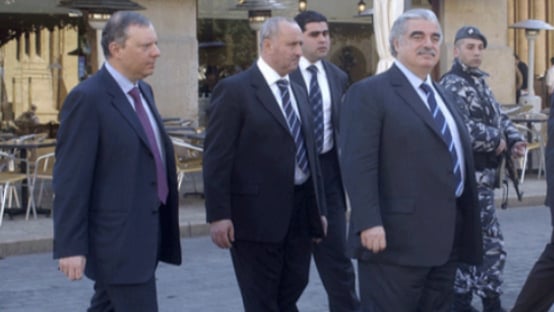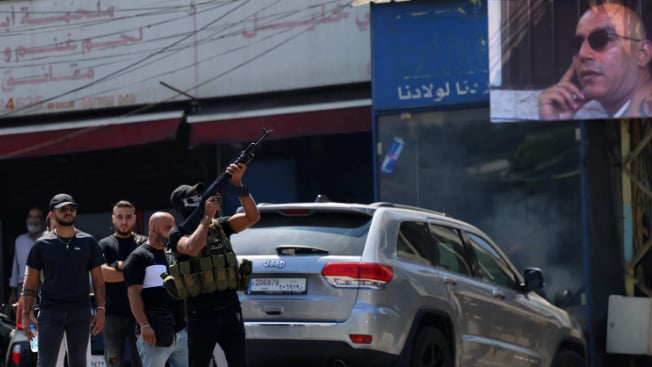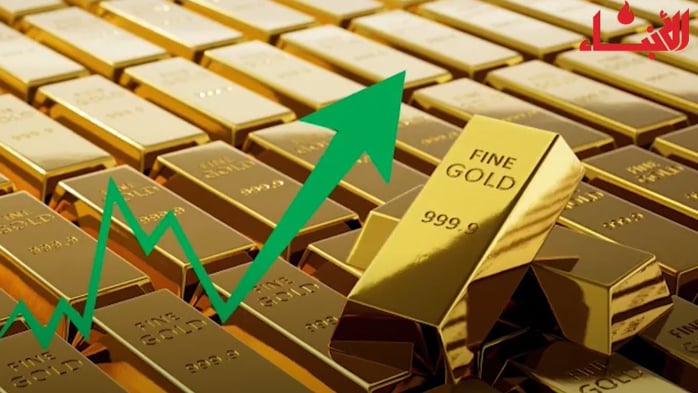Lebanon is in a dire situation. Before COVID-19 it was in a bad state. Now it is even worse.
An ailing but working economy is always better than a stagnant locked-down economy. Before the pandemic put the whole world on hold, Lebanon was deeply suffering from numerous crises.
A major scarcity of foreign currency, shutdown of tourism and commercial institutions, bankruptcy of many companies, accelerating youth emigration, tens of thousands of workers being laid off -- these are just a few of the problems Lebanon has faced as the result of years of inadequate governance.
The power sector is said to have cost the country no less than $45 billion in the past 30 years or so and electricity availability remains patchy. The sector consumes the largest portion of the country’s income and has become a source of public depression, if one might say, for the Lebanese people.
Another large portion of the budget is allocated for an ever-growing bureaucracy considered by many to be highly corrupt and inefficient.
The international community that had supplied Lebanon with financial support on several occasions seems to have lost confidence in its ruling elite and has abstained from extending support again after the CEDRE Conference in Paris in April 2018.
Information from Paris revealed that the CEDRE pledges would not be granted to Lebanon unless an all-encompassing reform process was put in place, supervised by the International Monetary Fund (IMF). The prospect of an IMF bailout ignited fierce debate in the country. Hezbollah openly refused such aid, considering it a step towards putting the country under “imperialist tutelage,” a senior Hezbollah official said.
Tehran requested $5 billion in urgent aid, including from the IMF, to help it confront the exponential growth of the coronavirus outbreak around the country. The request put Hezbollah in an embarrassing position and led its leader, Hassan Nasrallah, to revoke the party’s previous position. Hezbollah now says it is open to the idea of an IMF loan.
There have been calls from other prominent party leaders, including Progressive Socialist Party leader Walid Jumblatt, for the government to embark on a comprehensive reform plan parallel to its efforts in confronting COVID-19. He said all of this must happen in conjunction with a move to seek aid from the IMF, which is inescapable in his opinion.
Fears are mounting that the post-outbreak period will witness an all-encompassing social explosion, especially given that the October 17 revolution has been put on hold during the lockdown. Many expect that nation-wide demonstrations will revive when the situation in Lebanon returns to normal. The only difference is that there will be additional job losses and economic deterioration in the post outbreak period.
In its latest meeting, the Lebanese cabinet announced a willingness to allocate $10 million in quick aid to the neediest families, supplying them with food packages and other similar relief. No clear mechanisms have been assigned about how this would work, which increases doubt that nepotism and clientelism would be the major criteria for distributing food packages.
However, with Hezbollah’s ban on seeking monetary aid from the IMF lifted, there are new horizons in front of the Lebanese cabinet. With or without the IMF, Lebanon must undergo strict measures to lift itself from the economic abyss it finds itself in. Any other options are simply not available.
One thing remains clear: Beirut has lost its sovereign decision-making to non-state actors. Although this is nothing new, it is a remarkable state of affairs.





